Projects
These pages will provide briefing on projects related to autonomous ships that NFAS members participate in. This applies to both completed and ongoing projects.
Norwegian projects
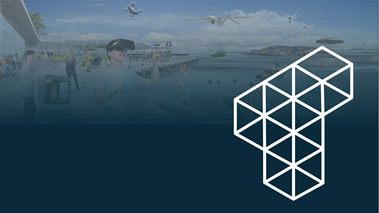
Testination
Lack of access to infrastructure for tests and demonstrations constitutes a major barrier to the development of ocean space technology. Today, there is no overview of test facilities and equipment in Trondheim, and many travels out of the region to test new technology.
Testination is a web portal that will make test infrastructure, equipment, and expertise more accessible for loans and rentals between operators and technology developers. The web portal will build up under the region's leading environment in ocean space technology and make visible the opportunities that lie in testing and development - also for players outside the region.
The project period is from June 2021 to June 2022.
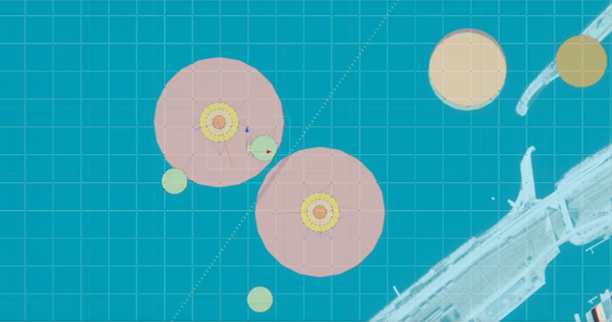
Digifjord
Digifjord project is developing a digital platform for testing and verification of autonomous ocean technologies.
The project includes several disciplines, such as design (product, service, and user design), cybernetics, game development, in addition to several marine engineering disciplines.
In short, the Digifjord project will create new knowledge on how easily accessible 3D technology, open data, photogrammetry, and virtual models can be used for simulation and early testing of autonomous vessels and operations in the ocean space. The aim is increased efficiency and reduced costs for early-phase testing and verification of autonomous systems for maritime applications.
The project period is from April 2021 to April 2022.
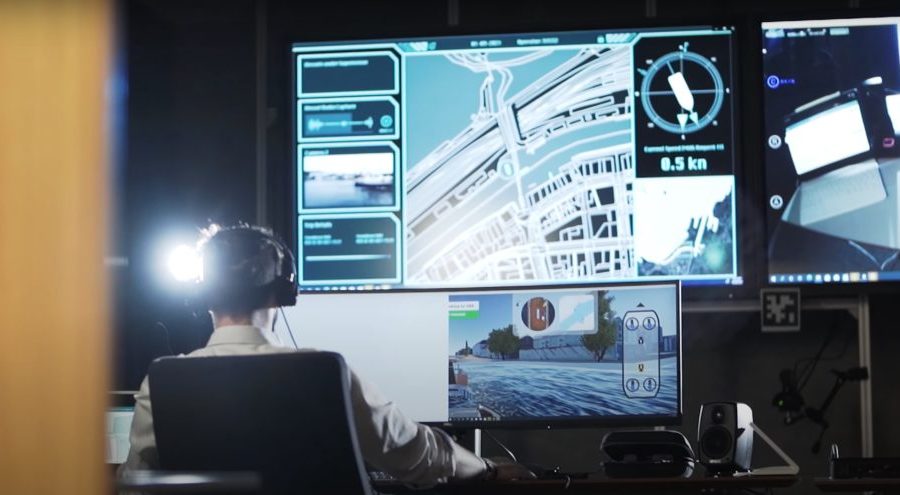
MIDAS: Humans in future ocean space operations
Human-oriented design concepts are becoming increasingly important in technology development, making young and disruptive technologies more understandable and attractive for markets, end-users, and society.
MIDAS is a 6-year project to strengthen the innovation capacity, development and export of autonomous ocean space technologies, focusing primarily on human-oriented design concepts, business development and interdisciplinary professional environments and disciplines. The aim is to contribute to developing autonomous vessels and platforms that interact better with humans and ordinary ships.
The project is led by NTNU's Department of Design, involving seven other NTNU departments, three research centres, and three innovation clusters representing over 150 companies. With world-leading R&D actors such as NTNU and SINTEF, industrial actors such as DNV and national and international members of the Ocean Autonomy Cluster, MIDAS is a collaborative project incorporating the entire value chain.
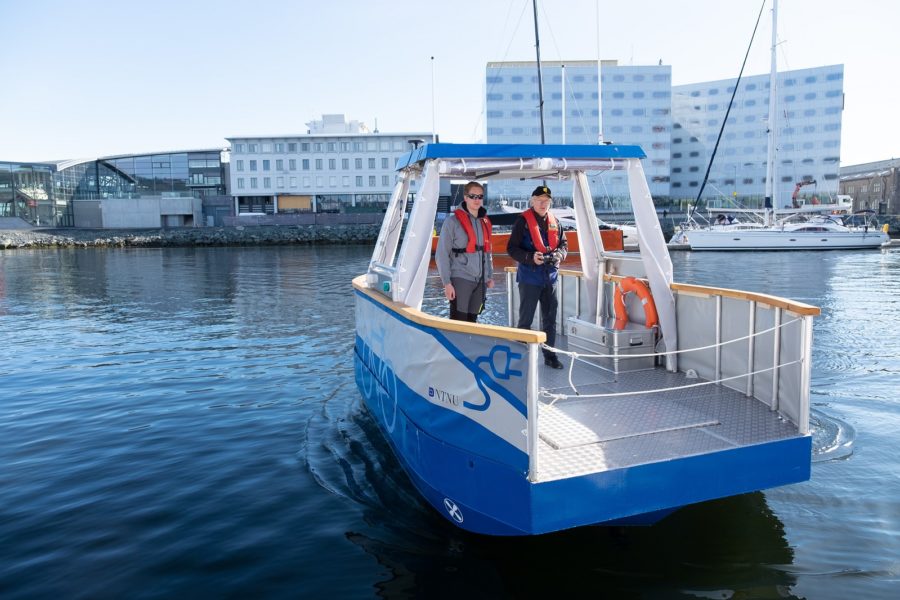
Centre for Research-based Innovation: SFI AutoShip
SFI Autoship is a 8-years research-based innovation centre that will contribute to Norwegian players taking a leading role in the development of autonomous ships for safe and sustainable operations. The focus areas include:
- Enabling technologies like situational awareness, artificial intelligence, autonomous and control and digital infrastructure.
- New business models and operational concepts like the adaptation of shore control centers and development cost-effective solutions for logistics and port solutions.
- Methods and models for monitoring risk and the clarification of the legal aspects of liability when a captain is not on board.
The centre has more than 20 partners from the Norwegian maritime industry, including end users, product and service suppliers, research institutes, universities and government. The centre started in December 2020.
1.4 million EUR to autonomous transport in Møre og Romsdal
The Ministry of Transport and Communications in Norway gives NOK 12.5 million to the county of "Møre og Romsdal" for the development of new autonomous passenger ferries and vessels The project will link sea and coast, will focus on maritime transport and universal design, will examine what opportunities autonomous vessels can provide, have contacts with relevant actors in academia as well as in business and is considered particularly innovative (June 2018). The project will start at the end of 2018.
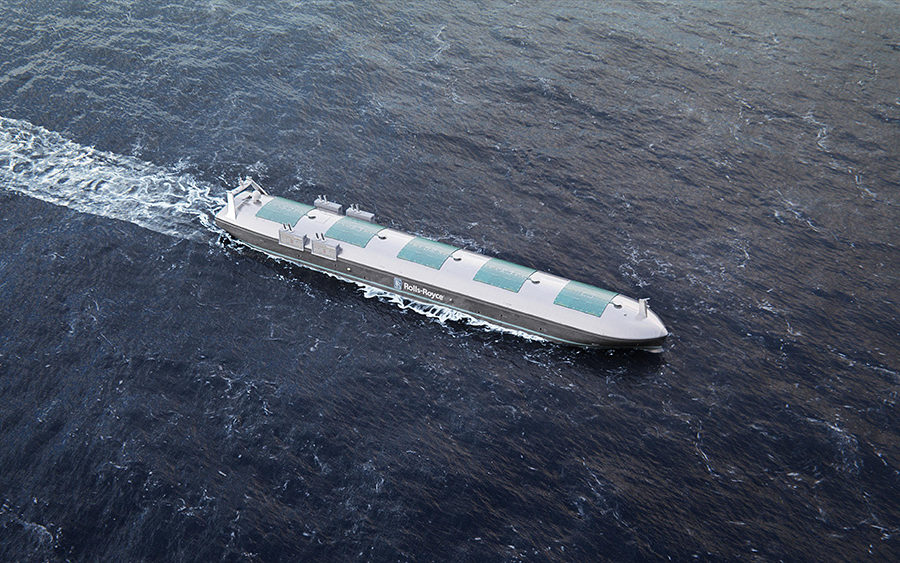
Online risk management and risk control for autonomous ships
The ORCAS project will develop novel technological solutions for online risk management and risk control of autonomous ships. Cutting-edge interdisciplinary research combining cybernetics and risk management aims to achieve high level of autonomy, intelligence and decision-making capabilities for autonomous ships. The goal is to enhance the realization of autonomous ships by developing safer and smarter automatic sailing systems and power and propulsion systems that are able to detect, perceive, verify, monitor, control and follow-up deviations and potential hazards.
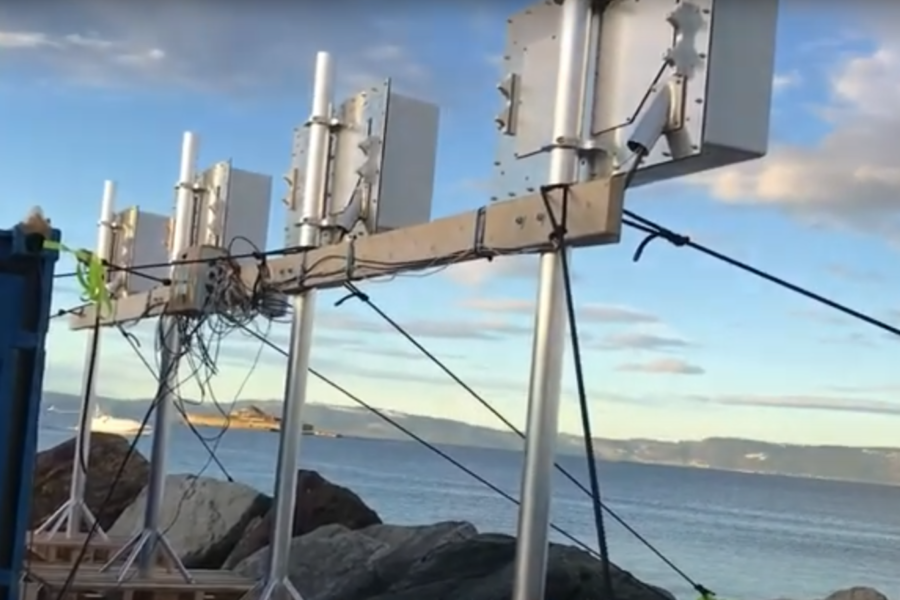
MAMIME: World’s first Maritime 5G communication project
LTE, WIFI and 5G Massive MIMO Communications in Maritime Propagation Environments (MAMIME), funded by Norwegian Research Council, 2016-2019, is the world's first 5G maritime communication research project. This project aims at developing optimized LTE and WIFI systems and researching dedicated 5G solutions for the maritime applications. The research is focused on land-to-boat and boat-to-boat communications, which is within Norwegian national interests.
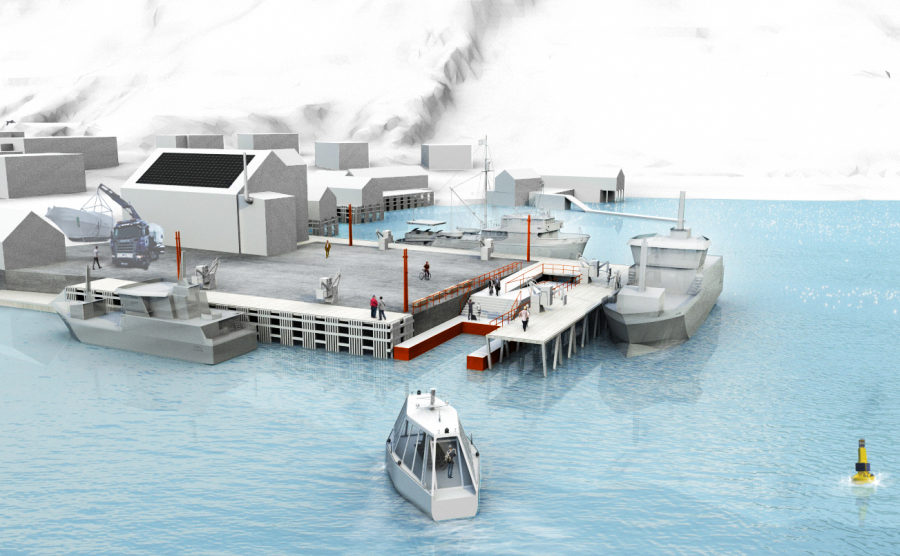
Concept development autonomous passenger ferry Ballstad
The purpose of the project is to clarify the possibility of a ferry at Ballstad, based on future autonomous ship technology. The idea is to evaluate new technology and see if this may be a solution to resolve communications challenges in the area.

ASTAT – Autonomous Ship Transport at Trondheimsfjorden
ASTAT will examine possibilities for operating small and battery powered unmanned ship in the Trondheimsfjord area. This will mainly be as replacement for today's truck transport. The project will develop a high level design of teh ship and supporting equipment ashore. The design will in principle cover both bulk and break bulk transports. Kick-off was in May 2017 and the project will run for two years.
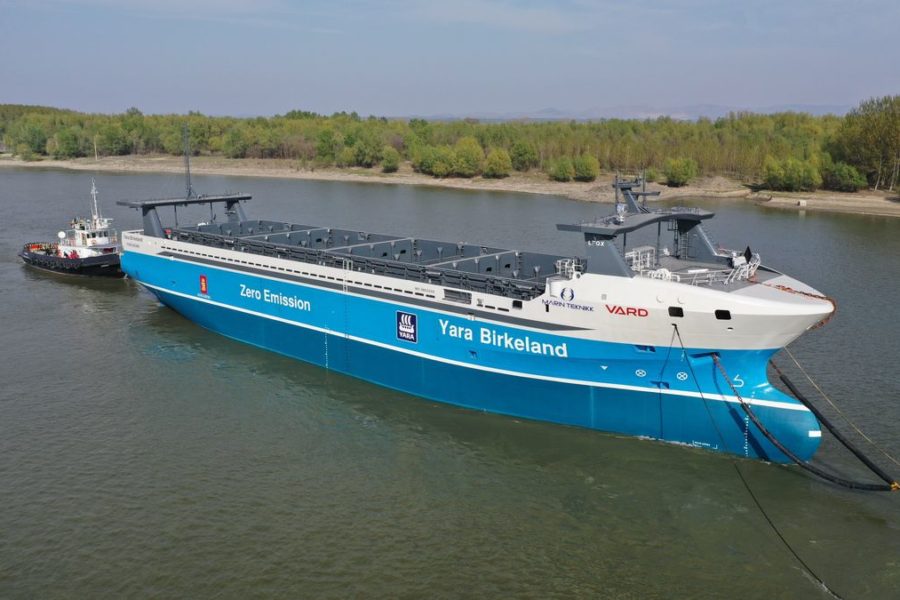
Yara Birkeland
The vessel Yara Birkeland will be the world's first fully electric and autonomous container ship, with zero emissions. With this vessel, Yara will reduce diesel-powered truck haulage by 40,000 journeys a year. Operation is planned to start in the latter half of 2018, shipping products from Yara's Porsgrunn production plant to Brevik and Larvik in Norway. Birkeland will initially operate as a manned vessel, moving to remoteYara operation in 2019 and expected to be capable of performing fully autonomous operations from 2020. The new zero-emission vessel will be a game-changer for global maritime transport contributing to meet the UN sustainability goals. More information can be found at Yara's web pages.
EU projects with NFAS participation
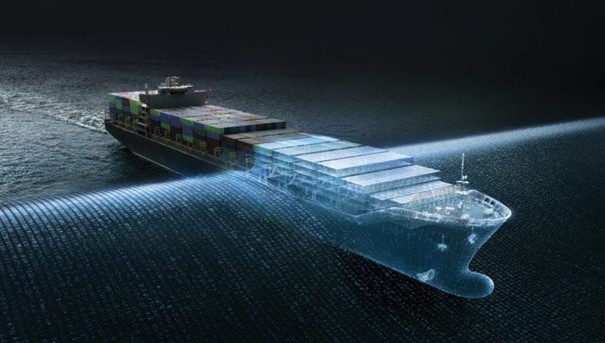
Vessel AI
The VesselAI project will develop a data platform that is capable of processing large amounts of data from various sources in the maritime value chain using artificial intelligence. This will be useful in the work of building digital twins, digital copies of a physical object found in the real world to simulate and predict the vessel's behavior in different scenarios in the ocean space.
The research project is part of the EU program Horizon 2020, and 13 European partners collaborate on research and roll-out of big data analysis, artificial intelligence, and high performance (High Performance Computing) for the maritime sector.
The project has a total budget of 6 million Euros and runs from 2021 - 2023.
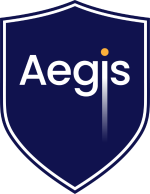
7.5 million Euro to autonomous ships and ports
Inland and short sea ships and their ports is a critical part of Europe's transport system. With stricter requirements on decarbonization and reduced noise and pollution from the transport sector, the importance should only increase! However, the convenience and flexibility of road transport still tend to trumph the sustainability goals. The AEGIS project has been selected by the EU Commission to show that autonomous ships and automation in ports can make waterborne transport much more flexible and user oriented, while continuing to reduce the societal and environmental impact of EU transport. This will be the Advanced, Efficient and Green Intermodal Systems - AEGIS.

20 million Euro to autonomous ship demonstrator
AUTOSHIP - Autonomous Shipping Initiative for European Waters - aims at speeding-up the transition towards a next generation of autonomous ships in EU. The project will build and operate 2 different autonomous vessels, demonstrating their operative capabilities in Short Sea Shipping and Inland Water Ways scenarios, with a focus on goods mobility.
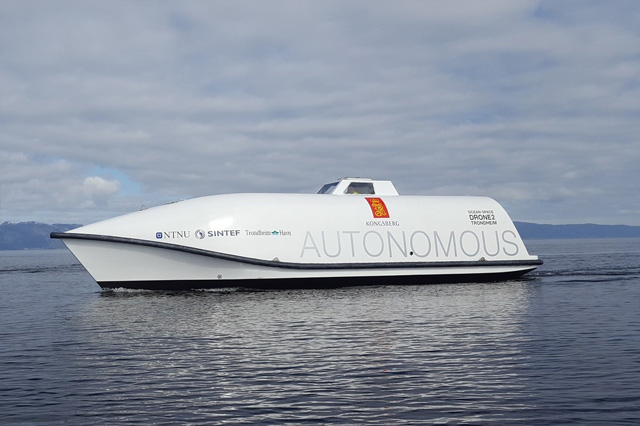
Enable Autonomous Navigation in Close Proximity
KONGSBERG Coordinates EU-Funded Project to Enable Autonomous Navigation in Close Proximity. 'Hull to Hull' (H2H) established to develop digital twin technology combining GNSS with 3D modelling for navigation support and autonomy controller input.

MUNIN – Concept study for unmanned bulk ship
MUNIN was an EU project that ran from summer 2012 to summer 2015. The purpose was to do a concept study for a completely unmanned Handymax bulk carrier. The project came right at the start of the great interest that autonomous ship later created, and has published a number of articles and open reports. MARINTEK (now SINTEF Ocean) was technical coordinator of MUNIN.
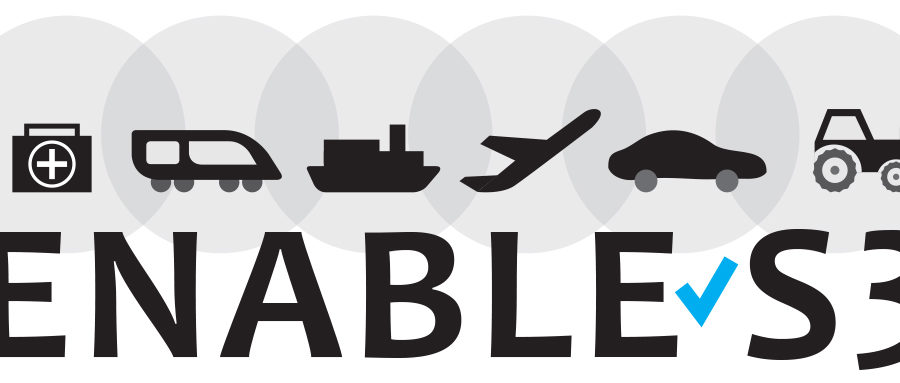
ENABLE*3 Shore based bridge concept
NAVTOR is the only Norwegian industrial partner in the ENABLE*3 project and is owner of the maritime demonstrator. This demonstrator will explore new, advanced simulation and testing opportunities in the maritime industry through close dialogue and cooperation with partners from the automotive industry in Europe. Methods, processes, references and virtual test benches utilized in the automotive industry are to be adapted to the maritime sector, and the results will be demonstrated and evaluated. Focus will be on knowledge transfer from especially the automotive industry: Early, systematic simulation, testing and validation. This also means looking at the possibility of new types of approval procedures for navigation systems based on scenario simulation adapted from the automotive industry.
Other international projects
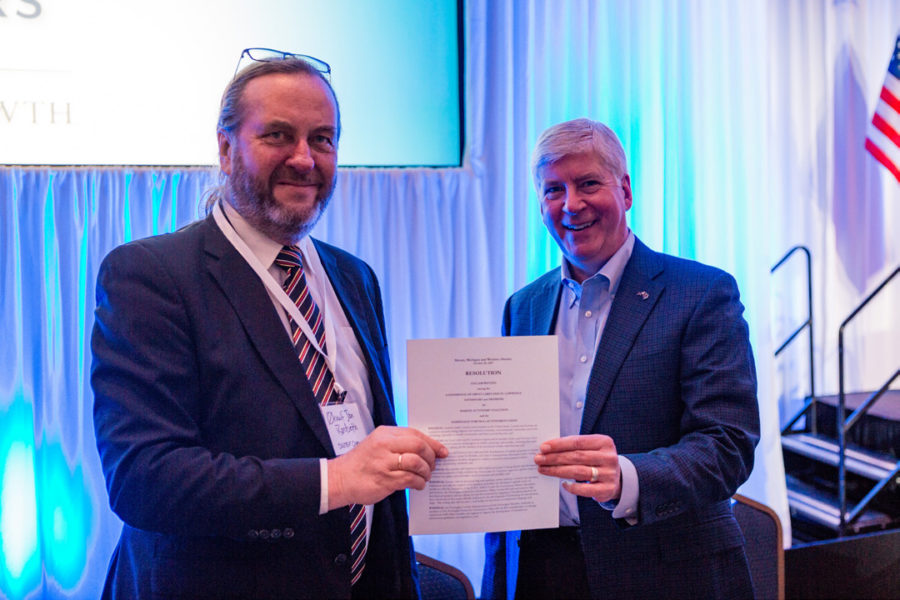
Signing MoU between Smart Ship Coalition and NFAS
At October 21st 2017, the governor of Michigan, Rick Snyder, and the general manager of NFAS, Ørnulf Jan Rødseth, signed a Memorandum of Understanding (MoU) for exchange of information and non-competitive cooperation on smart ship technology and autonomous ships. This is part of an international network of organisations working on unmanned ship technology that is under establishmbent. The "Smart Ship Coalition" covers organisations in the Great Lakes region both in USA and Canada. More information can be found in their December 2017 newsletter.